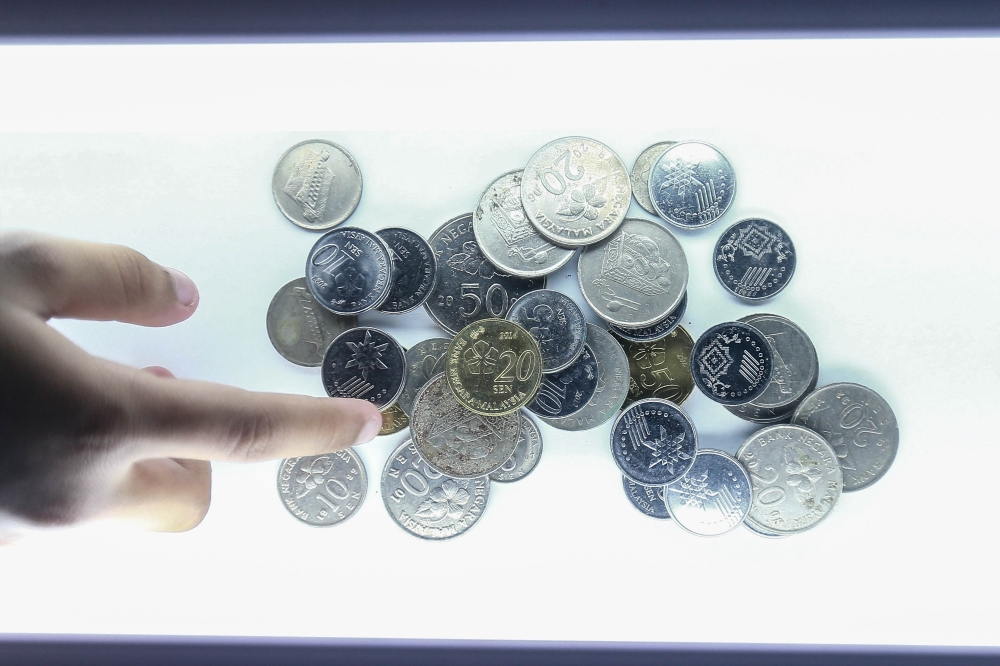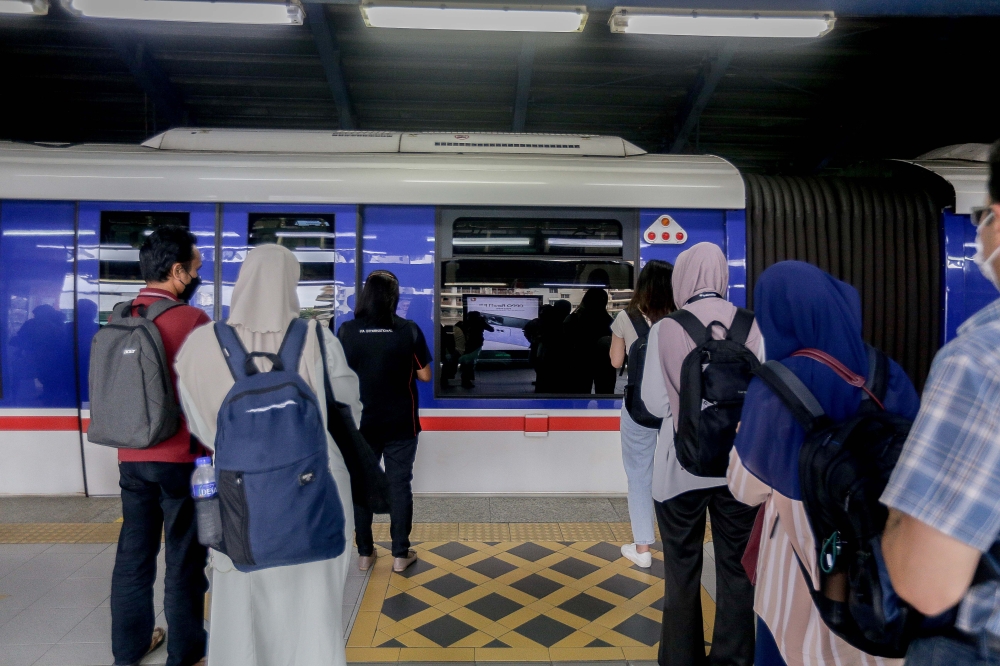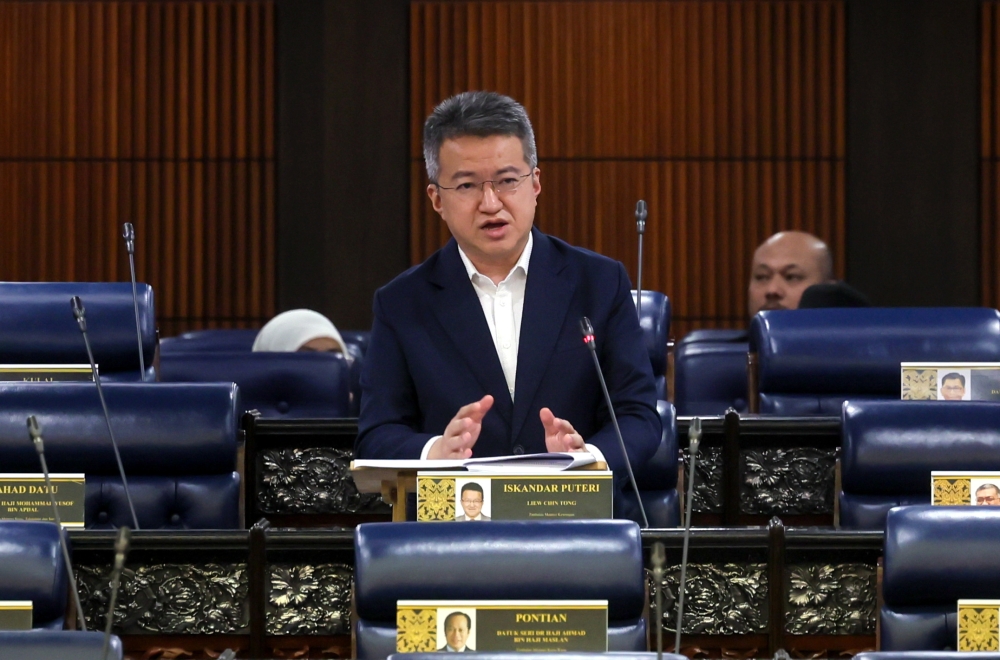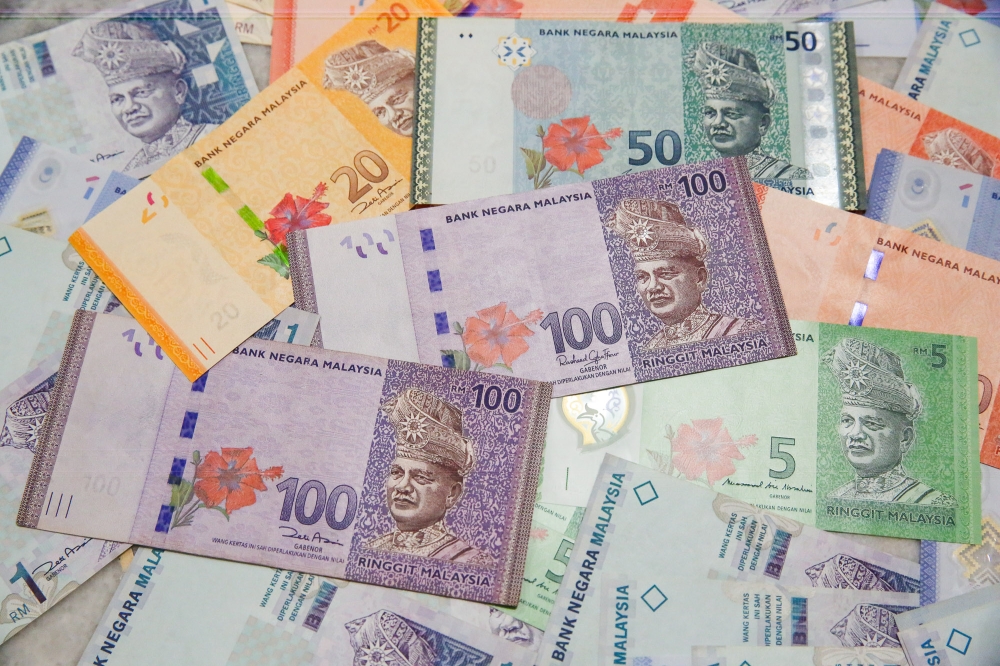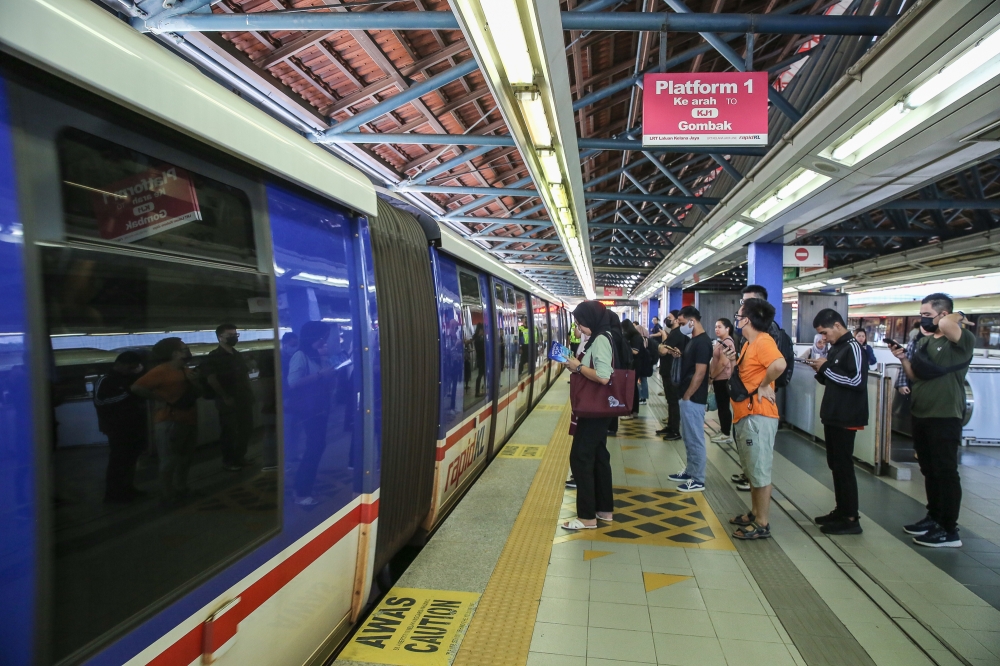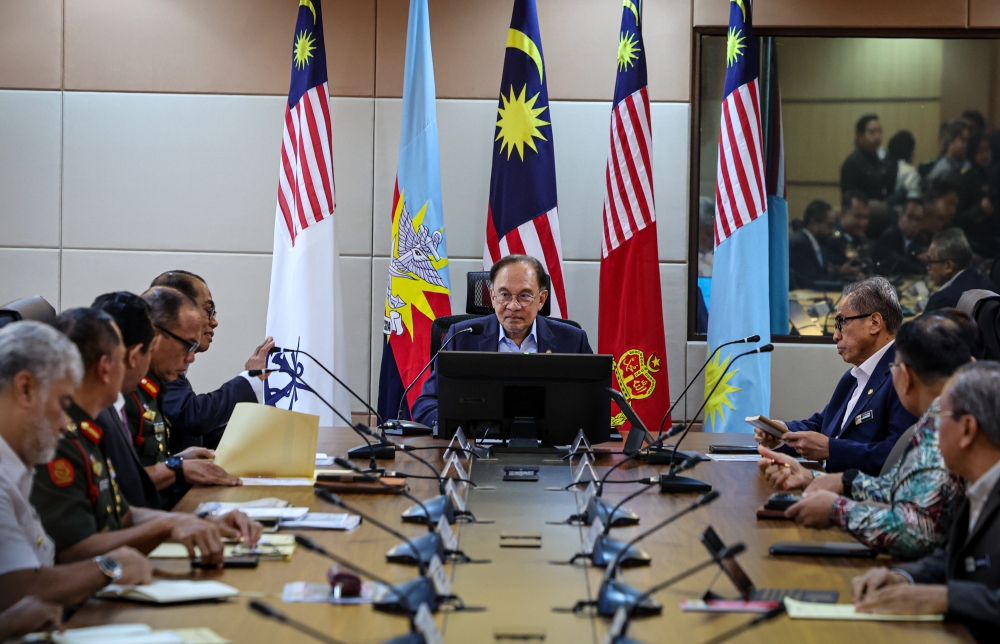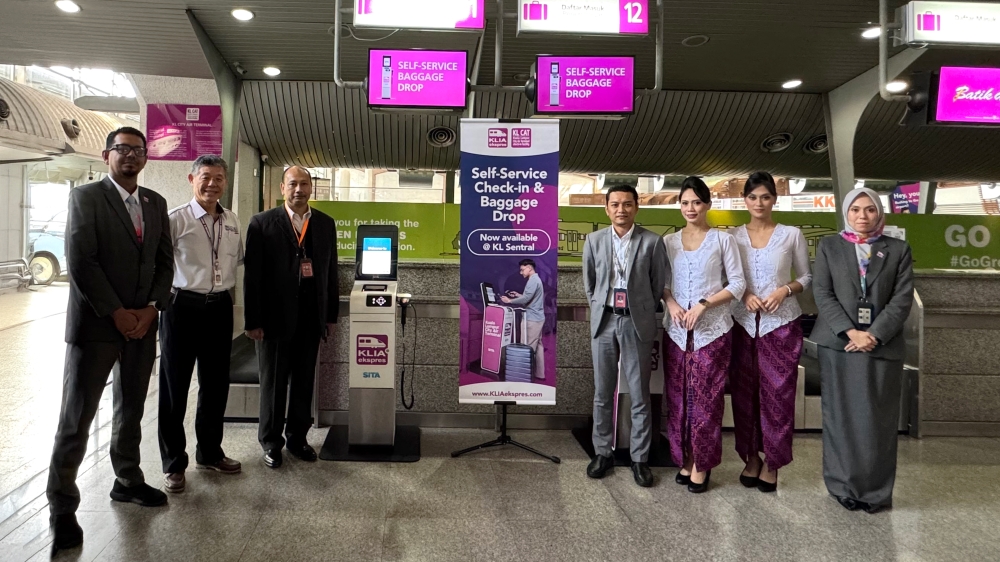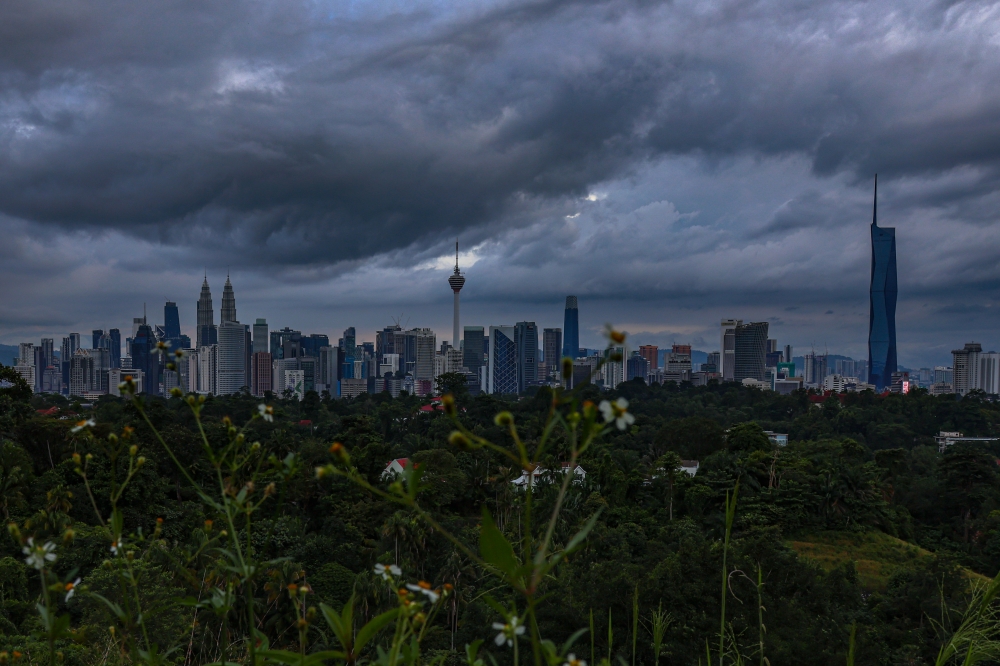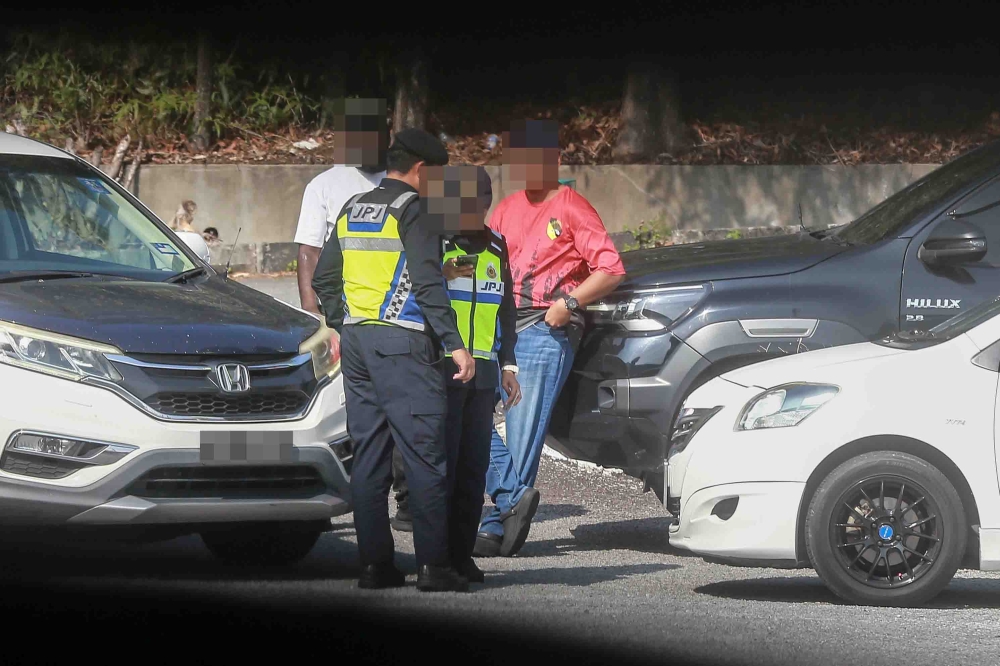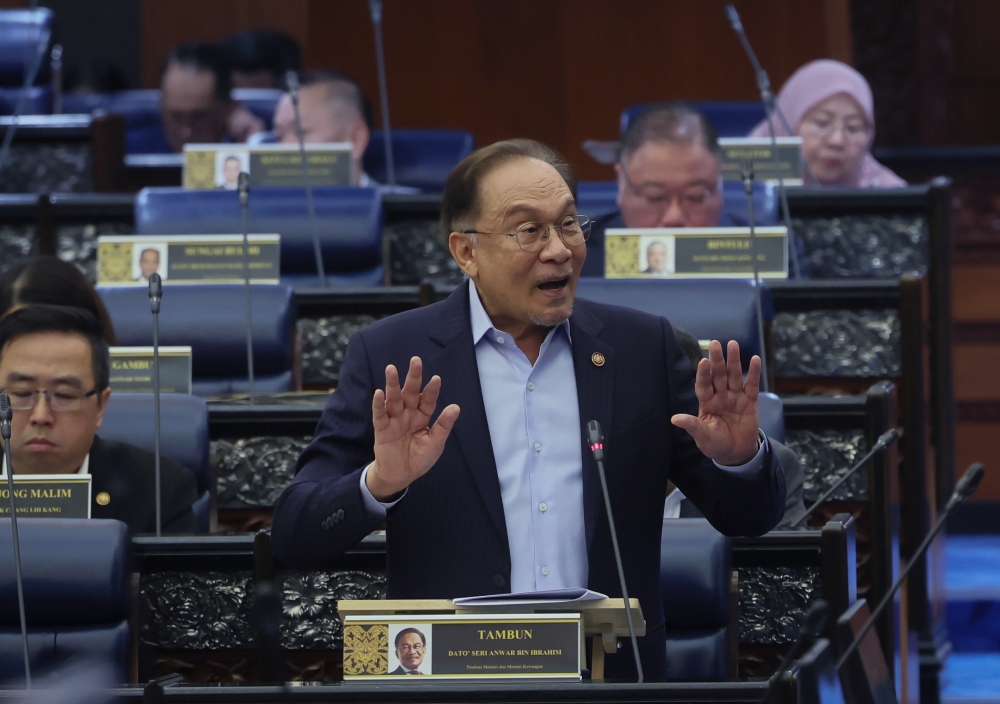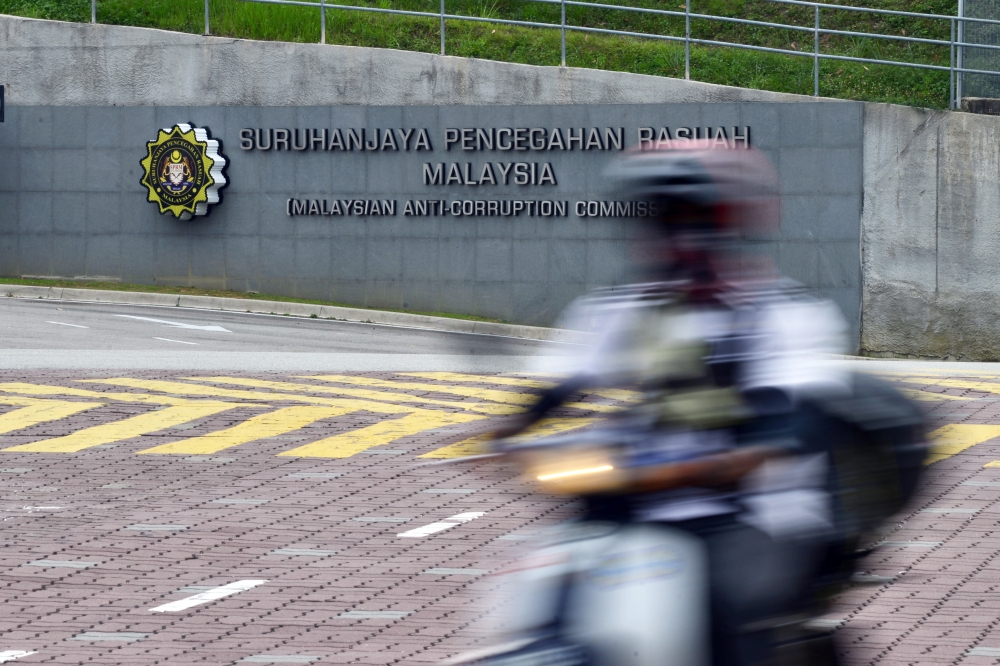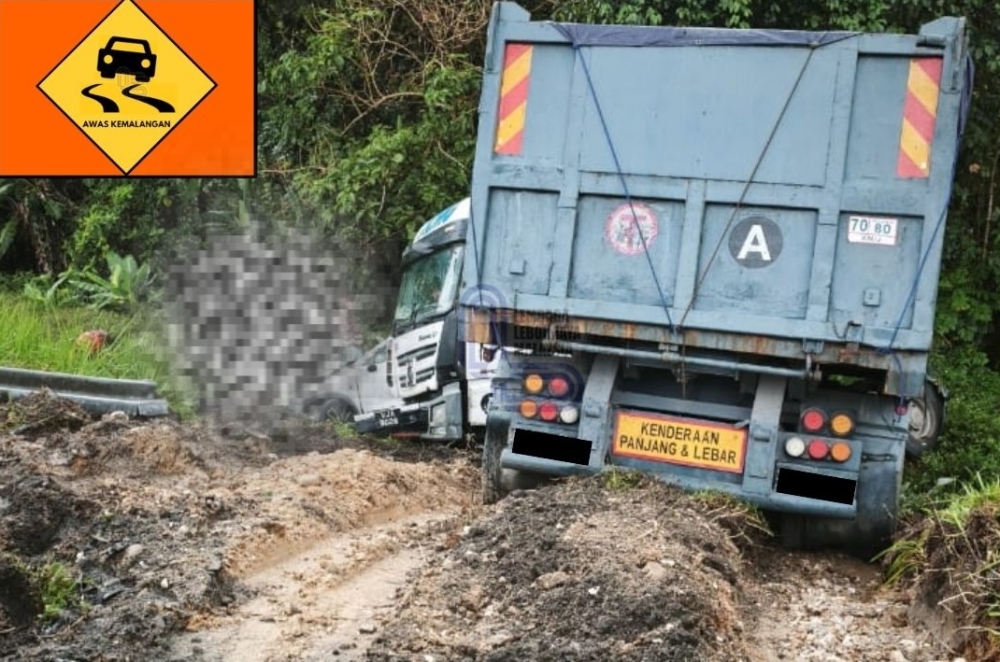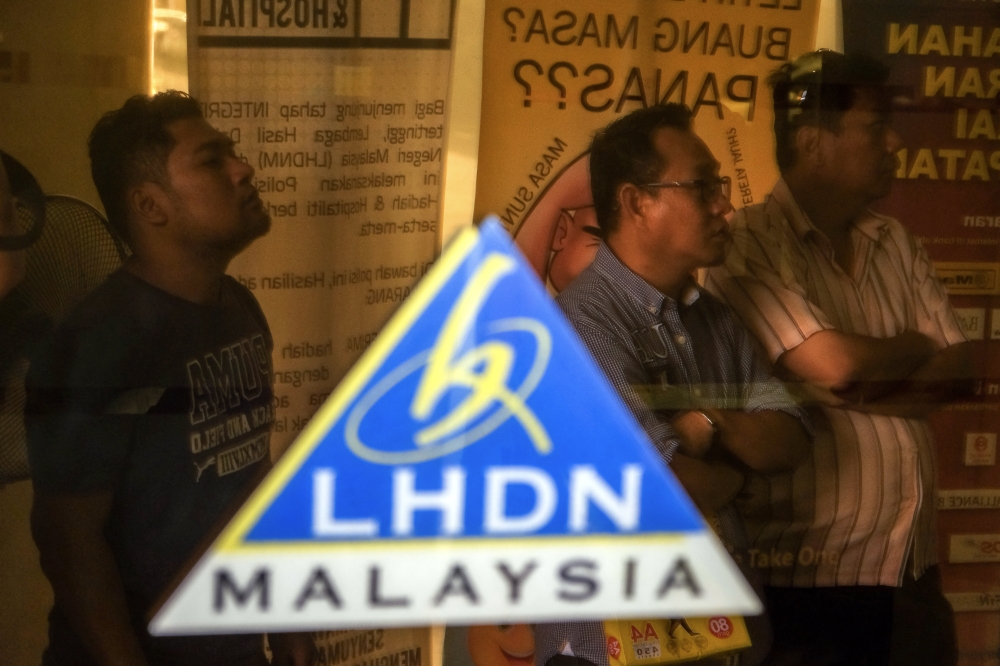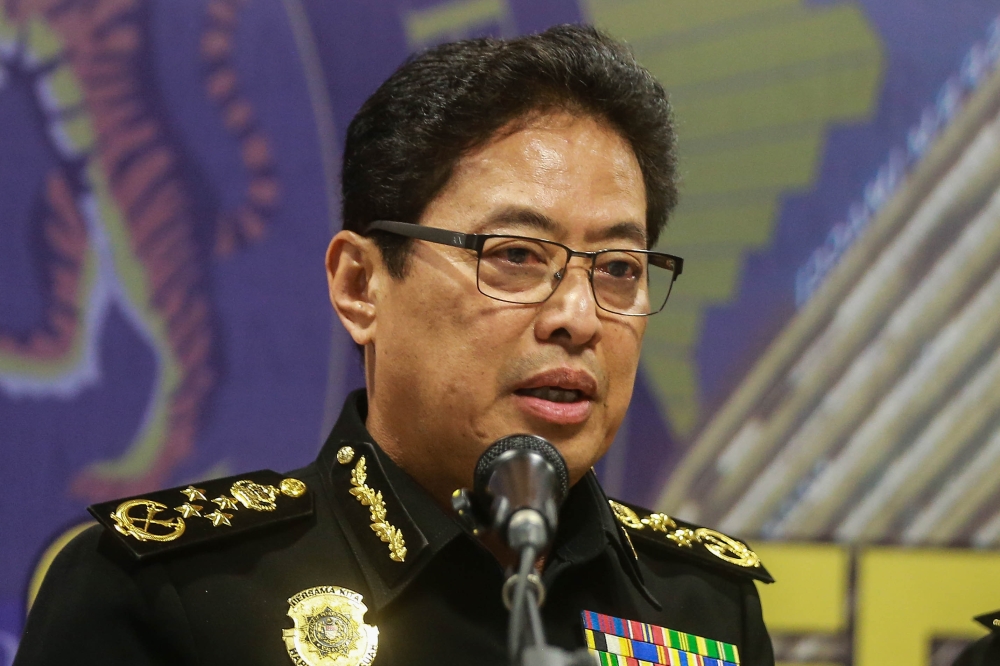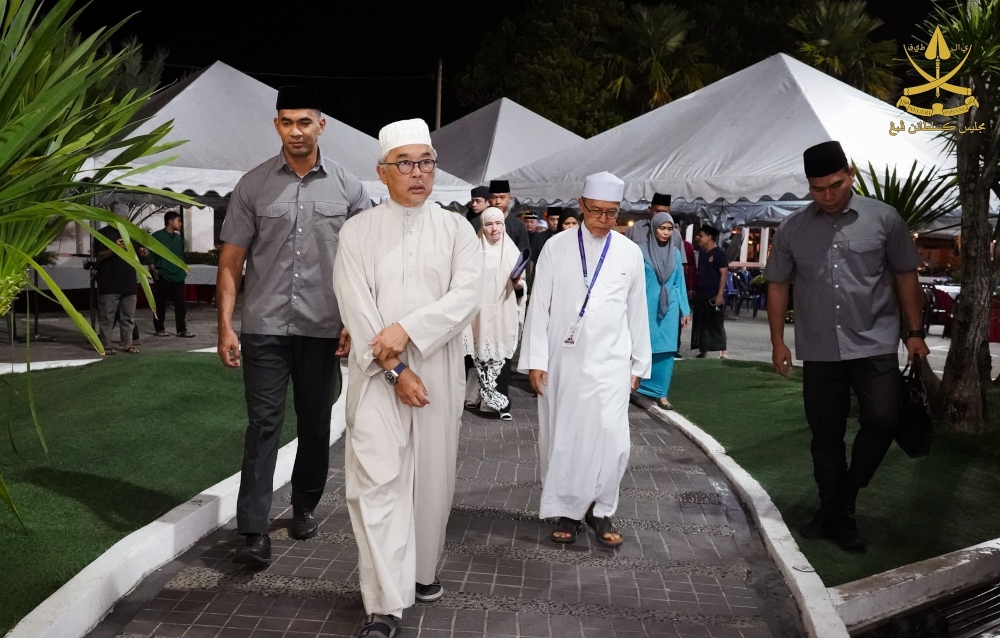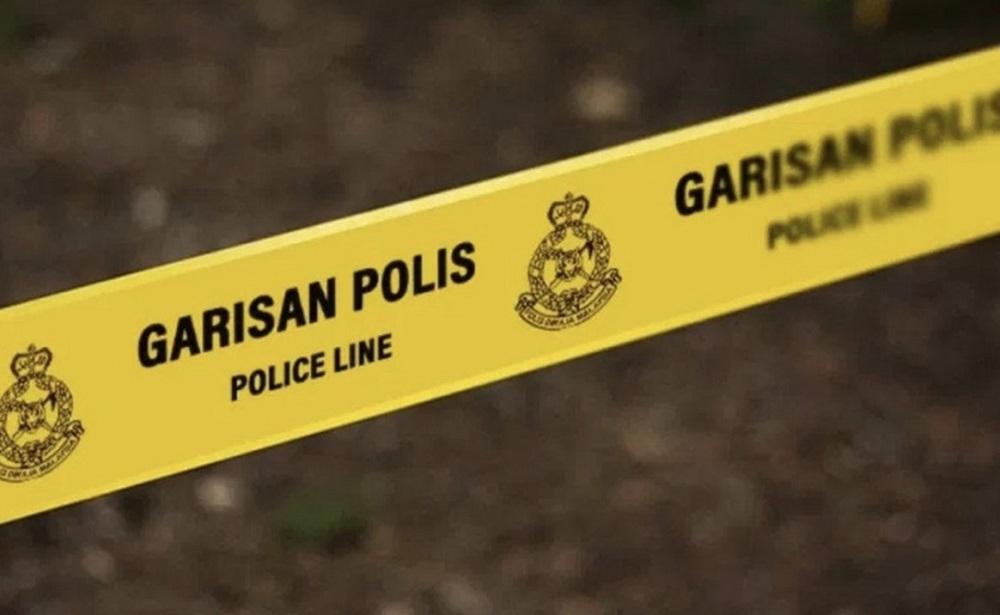KUALA LUMPUR, July 1 — With pre-schools nationwide allowed to reopen from today, many kindergarten operators expressed their eagerness for a return to conventional lessons despite added restrictions in the Covid-19 era.
For the many who have resorted to online teaching since March 18 when the movement control order (MCO) was imposed, however, the hardest challenge they anticipate was to adapt their wards to the stricter hygiene standards and social distancing that were part of standard operating procedures (SOP).
Mayter Kindergarten Head of Principals Irene Loh said the first three days after the reopening of pre-schools were crucial in getting the children to embrace the new norms and SOPs that are expected to stay until a vaccine for Covid-19 was deployed.
“This is our main criteria for the first few days. At the same time, they must feel safe and comfortable in a sense that (coming to school) is the same, only that they are restricted from doing their normal things,” she told Malay Mail.
Loh also pointed out that 20 over teaching staff were reminded to shower the children with affection to rekindle the bond between them that may have eroded after three months apart.
She also said some parents were still hesitant of sending their children, preferring to take a wait-and-see approach, evident with the number of empty seats present in some classes.
This, she said, was understandable as the safety of children was of utmost priority to their parents, before expressing optimism that the group would eventually feel assured after observing the SOPs practised in the kindergarten.
“We need to win the confidence of the parents as they will at the end of the day ask how their children are performing in school.
“We are doing as best as we can to accommodate the children. We cannot force them (to come to school), they have a choice,” Loh added.
For Mayter Kindergarten in Taman Taynton View, Cheras with an enrollment of roughly 200 students, attending preschoolers including visitors are required to sign health declaration forms before entering the compound.
Then, they must undergo a compulsory temperature check at the entrance, which included sanitising their hands and feet (sole of their shoes) after.
The usual morning assembly in the general area has also been discontinued, with children now being ushered to their classes immediately by an assistant teacher after the screening.
Face masks are required at all times for both teachers and students, except during meal times.
Homeroom teachers must also don face shields and mouth guards during teaching sessions and were restricted to their teaching space to allow phonetics lessons to be conducted more smoothly.
In the classroom, the usual seating of four students per table has been limited to two each to maintain social distancing. Students were also limited to taking meals in their classroom seats during recess.
Loh, who was also tasked with supervising four other Mayter Kindergarten in Cheras, also said the SOPs listed above also applied to each pre-school.
“Even for physical education, such activities are within the confines of the classroom restricted to the student’s own seating space.
“The parents are well-informed of the SOPs. Prior to reopening, we have distributed circulars of the SOPs in bilingual languages which also include video footages to reassure them of their children’s safety here,” she said while pointing out the numerous social distancing signs demarcating the allowed boundaries plastered throughout.
Over at the Presint 11 Community Development Department (Kemas) nurseries (tabika) and kindergartens in Putrajaya, the transition towards the SOPs was apparent as the children adjusted to not being able to share their toys or take part in communal play time.
Malay Mail observed every individual, both toddlers and teachers, having their temperatures screened and being made to sanitise their hands. Members of the press present to witness the reopening were not exempted.
Contact tracing app MySejahtera quick response (QR) codes were also clearly visible at the entrances, as tables inside were rearranged to comply with social distancing rules with a maximum of three students allowed on each table, as opposed to being able to sit six before the pandemic.
.jpg)
Kemas Quality Assurance Assistant Director Siti Nooraishah Misdan told Malay Mail that among the bigger culture shocks she observed among the children today was how they took time to adjust to being able to mingle closely as before.
Describing the nursery’s reopening as both exciting and nerve-wrecking, Siti Nooraishah said the other big change was their emphasis on personal hygiene that was a critical Covid-19 preventive measure.
“There will be a big difference in terms of the educational approach, as we teach them how to take care of themselves; sanitising their hands and such.
“What has also changed is the learning methods with no more outside classroom sessions, where they would now have to be confined within a small area for the whole time they are here,” she explained.
She pointed out that all parents were also required to make health declarations for themselves and their children, along with the teaching staff.
Attendance today was at about 50 per cent of the centre’s full capacity, with 20 out of 35 young ones attending nursery, and about 60 out of the 111 kindergarten students present.
As for the kindergarten classes, she added that students would take turns between attending actual class and attending it virtually through video-conferencing software Zoom, but said that parents could still opt for their children to attend only the online classes for now.
Timely reopening of pre-school but issues remain
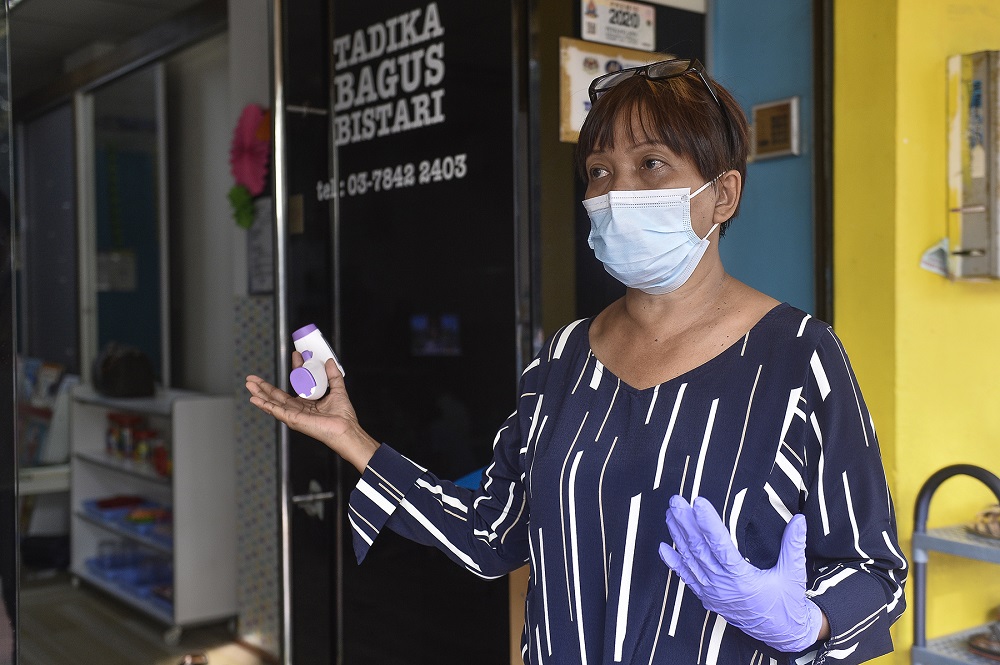
For kindergarten operator Rokiah Abdul Rahim, 55, said the decision to reopen pre-schools was timely.
In the main hall of the kindergarten, the children sat at their tables and wrote diligently as they were taught the basics of counting time and telling how the hands of the clock work.
Rokiah said the Education Ministry sent out a series of SOPs for kindergartens and daycare centres a week before.
“Most of the SOPs were things we already factored in, like no more sharing meals between students, everyone gets their own tools and stationery, and no more sitting closely beside one another.
“Nonetheless, we made several slight changes based on our own experiences running a kindergarten. Although the SOPs are reasonably thought out, I think the ministry should have also formulated them with more input from us, though I admit I do not know if they did so in the first place,” she said.
By Rokiah’s estimate, the kindergarten could earn between RM12,000 and RM15,000 monthly before the MCO, three-fourths of which went to operational expenditure. Thus the three-month closure has significantly disrupted the way things run.
“Factoring in all the various costs, I would say we have lost a minimum of RM10,000 during the MCO. Some of the parents have not yet paid, while those who cannot do so had no choice but to withdraw their children from the kindergarten.
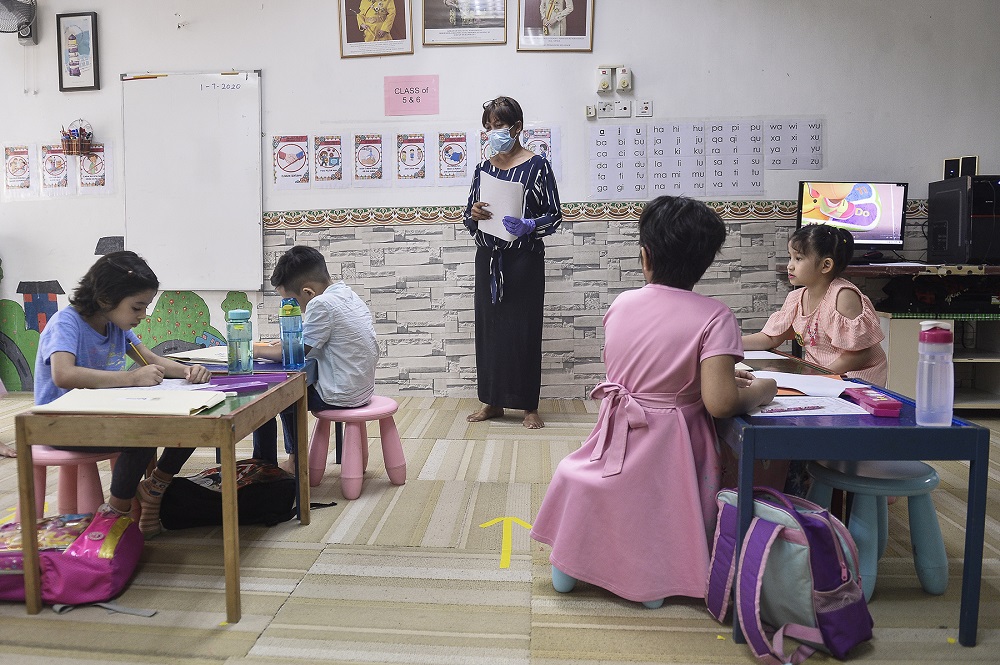
“I have been a kindergarten teacher for over 20 years, and an operator since 2008. In all my years of experience, things have never been as bad as the Covid-19 pandemic. Even the H1N1 pandemic in 2009 did not reach this stage,” she said.
In Rokiah’s view, the dilemma facing kindergartens was not anyone’s fault and said that while operators were struggling to survive, not all parents could still afford this necessary service as a result of Covid-19’s disruption to work life in Malaysia.
“It always gladdens my heart to see their little faces after so long, even as I worry about how the immediate future will turn out. Many of my teachers are from the B40 group, and I also have to think about their welfare.
“I can only ask for the government and other authorities to send individual officers whenever possible on ground, to see what is going on. Consulting with the relevant associations is good, but it is better to see things first-hand.
“For example, the government said RM5,000 would be given to each registered daycare centre as assistance. But there was no mention of similar assistance for kindergartens, which to this day remains unexplained. So what gives?” she said.

